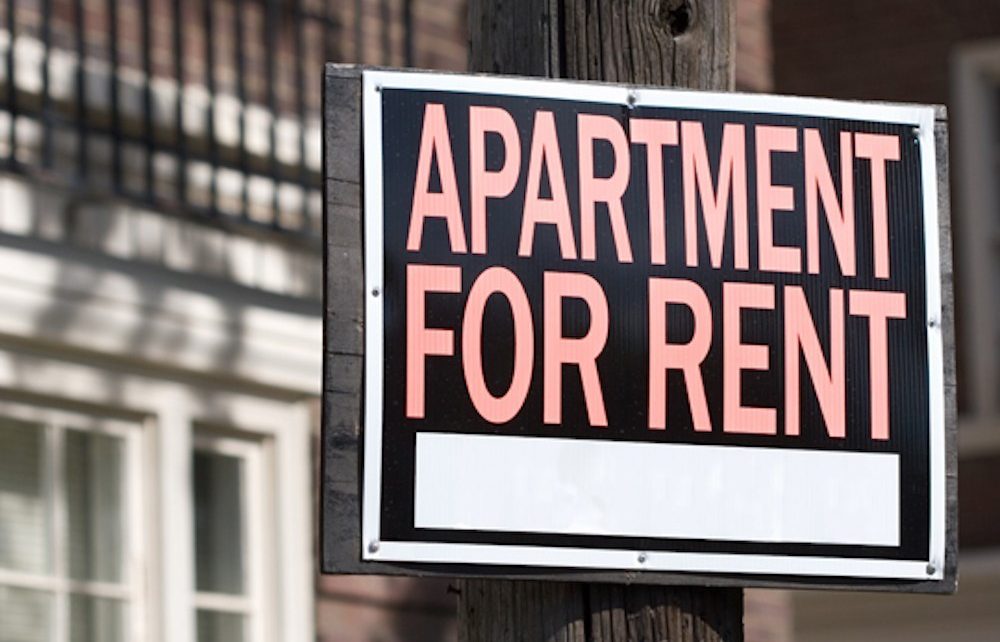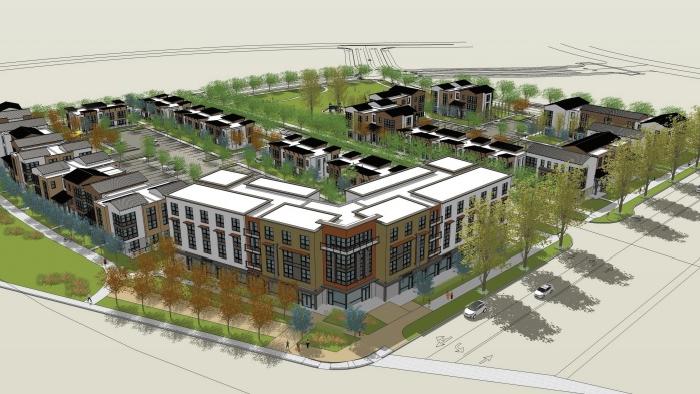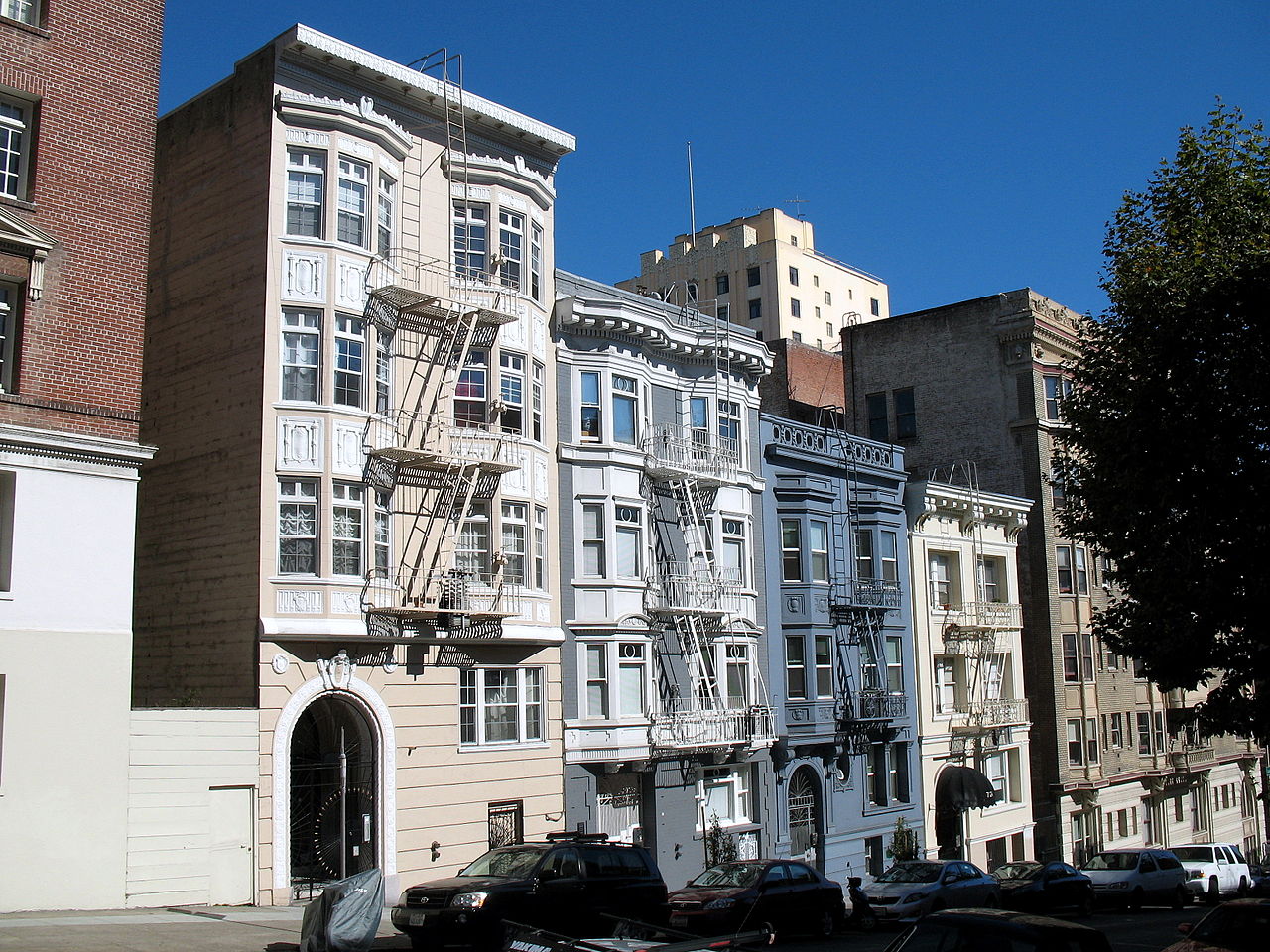
A rental sign in San Francisco. (Photo: Youtube)
Bill Creating Tenant Unions Also Creates Rent Control
Tenant-unionizing bill allows rent increase above inflation as reason for withholding rent
By Katy Grimes, April 26, 2019 2:05 am
California voters soundly defeated a ballot measure in November 2018 that would have allowed for rent control in every city across the vast state. Proposition 10 would have repealed the Costa-Hawkins Rental Housing Act, which limits the use of rent control in California.
However, rent control advocates vowed to soldier forward, and Gov. Gavin Newsom announced that he had plans to make a deal on new rent control policies when he took office. “We need new rules to stabilize neighborhoods and prevent evictions, without putting small landlords out of business,” Newsom said during his State of the State address. “I want the best ideas from everyone in this chamber. Here is my promise to you, get me a good package on rent stability this year and I will sign it.”
A group of Democrat Legislators proposed a package of bills aimed at protecting renters, including proposals to cap annual rent increases and to make it harder to evict tenants without just cause, the Los Angeles Times reported.
However, housing advocates say the effects of rent control only become worse the longer the rent control continues. Rent control is such a failed policy that most cities which had rent control policies at one time have done away with them. However and despite the facts, America’s largest and most expensive cities, ironically have strict rent control policies in place, causing extreme housing shortages.

Sen. Maria Elena Durazo (D-Los Angeles) authored SB 529, titled, “Tenant associations: eviction for cause: withholding payment of rent.” Durazo’s bill was heard in the Senate Judiciary Committee Tuesday, and passed 6-2.
SB 529 is a tenant-unionizing bill, but would also allow California tenants to withhold payment in protest when a landlord raises the rent beyond the rate of inflation. Sen. Durazo said that a rent increase above the consumer price index is listed as a qualifying “grievance” to go on a rent strike without risking eviction.
Debra Carlton of the California Apartment Association, pointed out that tenants already have the right to assemble and create a tenants association. She said the real issue is that the bill creates rent control, despite that voters rejected Prop. 10 only six months ago.
The 04/22/19- Senate Judiciary bill analysis acknowledges this:
“Some opponents of this bill, skeptical of tenants’ motivations, have suggested that tenants would use the strike mechanism to try to save money in order to spend it on other things. In practice, however, the requirement of purchasing a money order in order to participate in the strike should prevent any tenants who are tempted to game the system in this way. A money order can be cancelled, of course, but it generally takes a couple of months to process such a cancellation, so calling a strike would not result in any short-term financial gain for the tenant.”
“On the landlord’s end, receiving notice of the strike triggers a series of obligations. Within seven days after receiving the notice, the landlord would have to respond to the tenants’ demands with an explanation of the landlord’s actions or inaction. Within 14 days of receiving the notice, the landlord would be required to meet and confer in good faith with the tenant association regarding possible resolution of the tenants’ grievances. Finally, after meeting with the tenants, but within 21 days after receiving the initial notice about the strike, the landlord would have to tell the tenant association what steps the landlord does or does not plan to take to address the grievances expressed.”
The long list of special interest supporters of SB 529 is indicative of the motive behind the bill:
Tenants Together (sponsor), Alameda Renters Coalition, Alliance for Community Transit – Los Angeles Alliance of Californians for Community Empowerment American Federation of State, County and Municipal Employees, AFL-CIO, American Federation of Teachers, Local 2121, California Partnership, California Rural Legal Assistance Foundation, California Teamsters, Public Affairs Council, Causa Justa :: Just Cause Central Coast, Alliance United for a Sustainable Economy, Clergy and Laity United for Justice, Coalition for Economic Survival, Coleman Advocates for Children & Youth, Community Legal Services of East Palo Alto, Congregations Organized for Prophetic Engagement, Democratic Socialists of America – San Francisco Housing Working Group, Democratic Socialists of America, Santa Cruz East Bay Housing Organizations, Esperanza Community Housing Corporation, Eviction Defense Collaborative of San Francisco, Fair Rents for Redwood, City Filipino Advocates for Justice, Freedonia Tenant’s Union Housing for All, Burlingame Housing Rights Committee of San Francisco, Hunger Action Los Angeles, Independent Living Resource Center San Francisco, Indivisible San Francisco, Jewish Family Service of the Desert, Jobs with Justice San Francisco, Law Foundation of Silicon Valley, Leadership Counsel for Justice & Accountability, Los Angeles Community Legal Center, Monument Impact Movement for Housing Justice, National Union of Healthcare Workers, Oakland Education Association, PolicyLink, Palo Alto Council of Tenants Education Fund, The Praxis Project, Progressive Asian Network for Action, Public Counsel, The Public Interest Law Project, Sacred Heart Community Services San Diego, Tenants Union San Francisco, Tenants Union Santa Cruz, Tenants Association Service Employees International Union of California, AFL-CIO, Strategic Action for a Just Economy, Tenant Sanctuary, Tenderloin Neighborhood Development Corporation, UNITE HERE! Local 19, United Educators of San Francisco, United to Save the Mission, Urban Habitat, Viet Vote SD, Western Center on Law & Poverty, Working Partnerships USA, Yes to Affordable Housing, Youth United for Community Action.
Sen. Durazo was a senior official with the Los Angeles County Federation of Labor, AFL-CIO, the second largest labor council in the country, and served on the National AFL-CIO Executive Council, prior to running for the California State Senate.
- Bye Bye Billionaires: Gavin Newsom’s California Exodus - January 12, 2026
- Do Americans Possess the Fundamental Right to Refuse Unwanted Medical Treatment, Even During a Public Health Crisis? - January 12, 2026
- Governor Newsom Ineptly Self-Congratulates on Benicia Valero Refinery News - January 12, 2026





There may a lot of support but I don’t think this bill is constitutional under the CA or US constition, what this really is a shady backdoor way of implementing rent control after voters rejected it. I’m sure if the bill is passed a lawsuit or perhaps several lawsuits will be filed asking for an immediate injuction until the case can be heard and the court would most likely do it. I think the courts would find this unconstitutional and it would make its way up the chain to the state supreme court and even SCOTUS. I’m sure SCOTUS would find it unconstitutional given its current make up, and if Trump is able to put in another judge, you cant count all of these housing laws goodbye.
socialist/communist solutions to a capitalism problem will always fail. Capitalism says to overrule NIMBYs so we can build enough housing supply for all income levels and the housing market will self balance, making California cities affordable again to middle and lower incomes. Anything else will doom another generation and make the already rich NIMBYs at least twice as rich to come…
I wonder if they’ve considered that the incentive to build new apartment buildings will drop to somewhere just below zero if this goes through. If I were a landlord there, I’d seriously consider selling.
But given those conditions, who would be dumb enough to buy? So perhaps property values would plummet; the tax base would shrink; they’d have to raise taxes, and since the owners couldn’t pass that along………..
I have got to sell my rentals before Newsom seizes them without compensation.